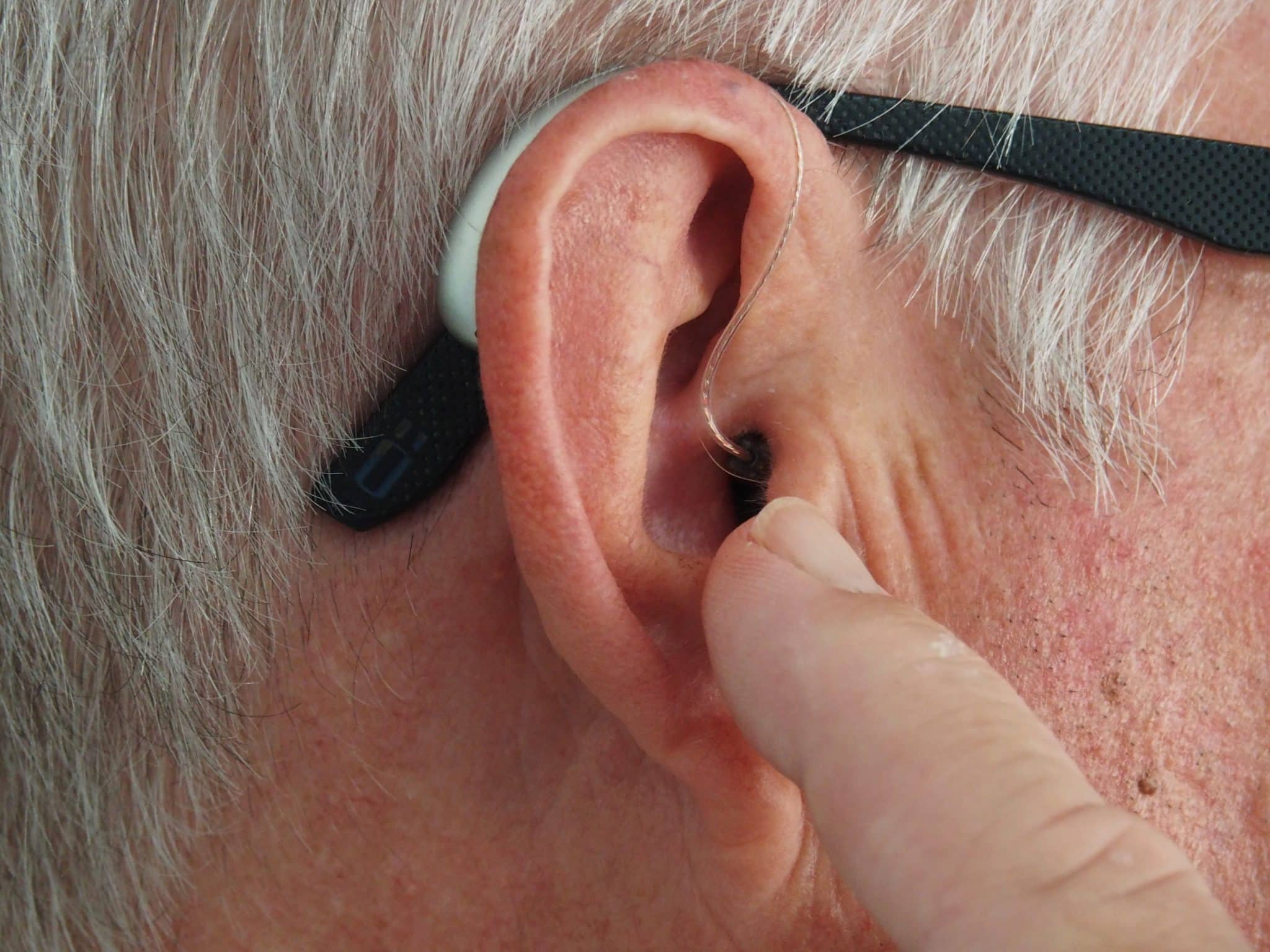
Established in 1990, the
Americans with Disabilities Act stands to eliminate discrimination and ensures equal opportunities for persons with disabilities in employment, state and local government services, public accommodations, commercial facilities and transportation.
The ADA protects and enforces equal conditions for American individuals with disabilities such as spinal injuries, psychiatric impairments, and extremity impairments, as well as hearing-impaired individuals.
Read on to learn about previous lawsuits filed under the ADA by hearing-impaired individuals exercising their rights.
Hearing-Impaired Case One: Department of Justice vs. Inova Fairfax Hospital
In April 2007, the Department of Justice won a case under the ADA against Inova Fairfax Hospital located in the suburbs of Washington D.C. The settlement states that the hospital did not respond to requests for a sign language interpreter for the deaf mother of a pregnant patient who had been involved in a car crash.
The patient had repeatedly requested an interpreter from her arrival in the ER and did not receive one until 5 1/2 hours later. As a result, the patient had to act as the interpreter while she was in distress.
In the settlement, the hospital agreed to pay $55,000 in damages to the aggrieved patient and her mother, as well as $25,000 in civil fees, and committed to bolstering ADA training for its employees. These positive changes show a willingness to improve conditions for people with disabilities, especially at an important moment when medical care is involved.
A Second Case of Hearing-Impaired Issues: Equal Employment Opportunity Commission vs. FedEx
In 2008, The Equal Employment Opportunity Commission (EEOC) rallied against the global shipping giant, FedEx for failing to provide reasonable accommodation to Ronald Lockhard, a package handler who also suffers from profound deafness. The suit arose from Lockhard's multiple denied requests for FedEx provide reasonable accommodations to him in the form of
American Sign Language interpreters.
In the end, the jury ruled that FedEx must pay $108,000 as a failure to accommodate their hearing-impaired employee. This ruling shows employers the importance of assisting their employees and making sure they are all getting accommodated to do their jobs properly based on their needs.
National Association of the Deaf et al. vs. Netflix: a Third Court Case Involved the Hearing Impaired
In 2010, deaf Massachusetts resident Lee Nettles partnered up with the National Association of the Deaf and the Western Massachusetts Association of the Deaf and Hearing Impaired to have Netflix, the world's leading internet television network, offer closed captioning for all their movies and shows.
Nettles said that Netflix was being discriminatory towards people with hearing loss because these people were forced to pay for the more expensive DVD rentals in order to enjoy captioning.
In 2012 Netflix reached an agreement to have closed captioning available for all of its streamed content within two years. Today, we already see that there is a huge improvement in
making captioning happen.
Michael Argenyi vs. Creighton University: a Hearing-Impaired Med Student Takes on a University
Represented by the National Association of the Deaf, deaf medical student Michael Argenyi won his ADA case against Creighton University in September 2013. Argenyi had requested to be provided with real-time captioning for his classes as well as oral interpreters for his clinics.
The University refused and Argenyi had to borrow over $100,000 to provide for his own accommodations so that he could stay in medical school.
The court ruled against Creighton University citing that they are required to provide auxiliary aid and services to allow meaningful access and equal opportunity for learning. This decision was noted as a historic vote in support of disabled students to have full and equal access
in the classroom.
by Esther Shasho
 Established in 1990, the Americans with Disabilities Act stands to eliminate discrimination and ensures equal opportunities for persons with disabilities in employment, state and local government services, public accommodations, commercial facilities and transportation.
The ADA protects and enforces equal conditions for American individuals with disabilities such as spinal injuries, psychiatric impairments, and extremity impairments, as well as hearing-impaired individuals.
Read on to learn about previous lawsuits filed under the ADA by hearing-impaired individuals exercising their rights.
Established in 1990, the Americans with Disabilities Act stands to eliminate discrimination and ensures equal opportunities for persons with disabilities in employment, state and local government services, public accommodations, commercial facilities and transportation.
The ADA protects and enforces equal conditions for American individuals with disabilities such as spinal injuries, psychiatric impairments, and extremity impairments, as well as hearing-impaired individuals.
Read on to learn about previous lawsuits filed under the ADA by hearing-impaired individuals exercising their rights.
 Established in 1990, the Americans with Disabilities Act stands to eliminate discrimination and ensures equal opportunities for persons with disabilities in employment, state and local government services, public accommodations, commercial facilities and transportation.
The ADA protects and enforces equal conditions for American individuals with disabilities such as spinal injuries, psychiatric impairments, and extremity impairments, as well as hearing-impaired individuals.
Read on to learn about previous lawsuits filed under the ADA by hearing-impaired individuals exercising their rights.
Established in 1990, the Americans with Disabilities Act stands to eliminate discrimination and ensures equal opportunities for persons with disabilities in employment, state and local government services, public accommodations, commercial facilities and transportation.
The ADA protects and enforces equal conditions for American individuals with disabilities such as spinal injuries, psychiatric impairments, and extremity impairments, as well as hearing-impaired individuals.
Read on to learn about previous lawsuits filed under the ADA by hearing-impaired individuals exercising their rights.




